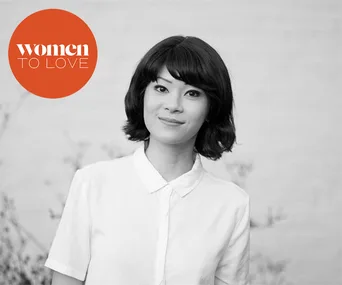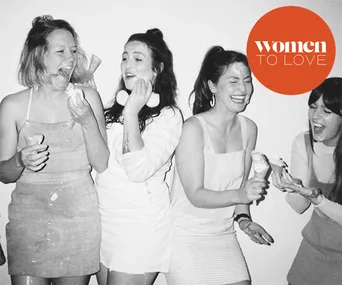Valerie Taylor has over 65 years experience diving with sharks. Her and her late husband Ron Taylor spent much of their lives together underwater filming these mysterious beasts in the hope to convey a message other than the old saying “a good shark is a dead shark” popularised by the media throughout the 20th century.
The first person to film great white sharks underwater with and without a cage back in the 1960s, Val quickly gathered a reputation of being fearless and adventurous. She’s been bitten several times but remains undeterred, never believing it to be the fault of the shark, but a consequence of her own carelessness. Her love for the ocean has led her down many different career paths, from marine conservation, television and most recently, the illustration for children’s books.
Unfortunately, Val’s career can hardly be mirrored due to the impacts of climate change. Instead, it’s important that young people ready themselves for the challenges that come with protecting the ocean, Val says.

What have you been most proud of during your career?
Leaving the shark cage tied to a dead whale surrounded by over a hundred very dangerous sharks with my three companions and making a place for us amongst the pack until the sharks accepted us as other marine animals was a moment I’ll never forget. I got ‘shark arm’ hitting them and teaching them to behave. Just before we got out of the cage I said to one of my companions, Peter “you go first and I’ll see what happens,” but it was just so exciting it’s hard to be full of fear.
What advice do you have for young women getting into your industry?
Sadly, most people can’t do what I did back then. The marine world that I knew and have spent most of my life in doesn’t exist the same way anymore. They will never know what nature gave us, it’s gone. But they can go out there and learn from all our mistakes and make a life for themselves, it won’t be as rich and it will have more challenges. The most important thing that young people can do is to fight to protect the planet that supports us from pollution and over harvesting.

Have you made any mistakes during your career/is there anything you would’ve done differently?
There are many things I would never do again. But whether they were mistakes I don’t know because I was always learning. I used to be an Australian champion spearfisherman and back then there was so many fish you’d never think the supply could end. Eventually, my husband and I realised that a group of really great spearfisherman could go to a reef and just take everything.
Have you experienced sexism at work and how did you deal with it?
People would say “what are you doing here you silly twit of a woman”, and I’d just jump off the boat and show them. My husband supported me a hundred per cent. And he was very powerful in the diving world. I was also on the screen doing things, like swimming with sharks, which men never dreamt of doing so I never felt overly intimidated by them.
Who’s been your biggest mentor and why?
My husband was always pushing me to do better and he was always proud of me. But I relied on myself a lot. I think I’m just the sort of person who wanted to chase their dreams. I always thought that I could do anything.




